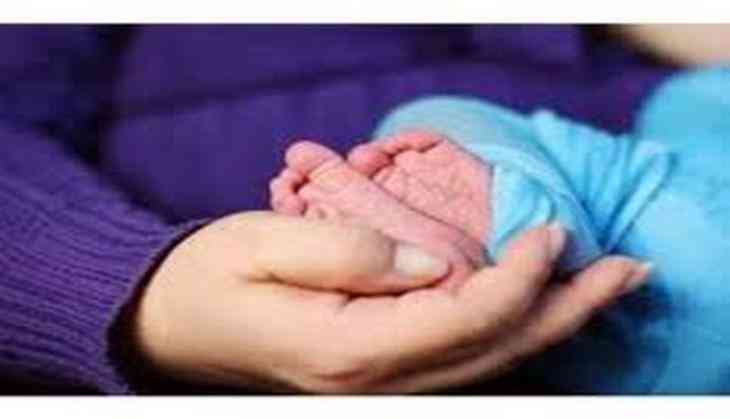
A study has recently found that by the age of one newborns prefer people of their native tongue as good.
The findings suggest that while newborns' positivity toward familiar groups may be innate, but dislike for un familiar groups appears to be a learned behaviour.
Study's lead author Anthea Pun from the University of British Columbia in Canada said that persistent discrimination and conflict across cultures have led psychologists to "question whether the newborns are naturally inclined to like people who are similar to ourselves and to dislike those who are different or whether we are taught to feel this way".
"These findings suggest both are true: liking people who are similar to ourselves seems to be an innate bias, but disliking those who are different is something we likely learn later," Pun added.
The past research had shown that by the age of three, a child shows positive biases toward people who are similar to them and negative biases towards those who are different.
In this study, the UBC researchers turned their attention to infants to determine when and how these biases first emerge.
They conducted six experiments involving 456 newborns between the ages of eight and 16 months at Science World's Living Lab located in Vancouver.
The experiments examined how quickly infants habituated to either familiar or unfamiliar language speakers performing prosocial (giving) behaviour or antisocial (taking) behaviour.
Habituation measures infants' rate of processing pictures and sounds presented to them.
They found that, by one year of age, infants not only think of speakers of their native language as good, but they also expect them to be pro-social.
The infants appeared to be surprised when observing speakers of their native language engaging in anti-social behaviour.
Infants of this age, however, do not appear to have any positive or negative expectations of speakers of an unfamiliar language, suggesting that negativity toward groups different from their own is likely learned after the first year of life, the researchers found.
-ANI


